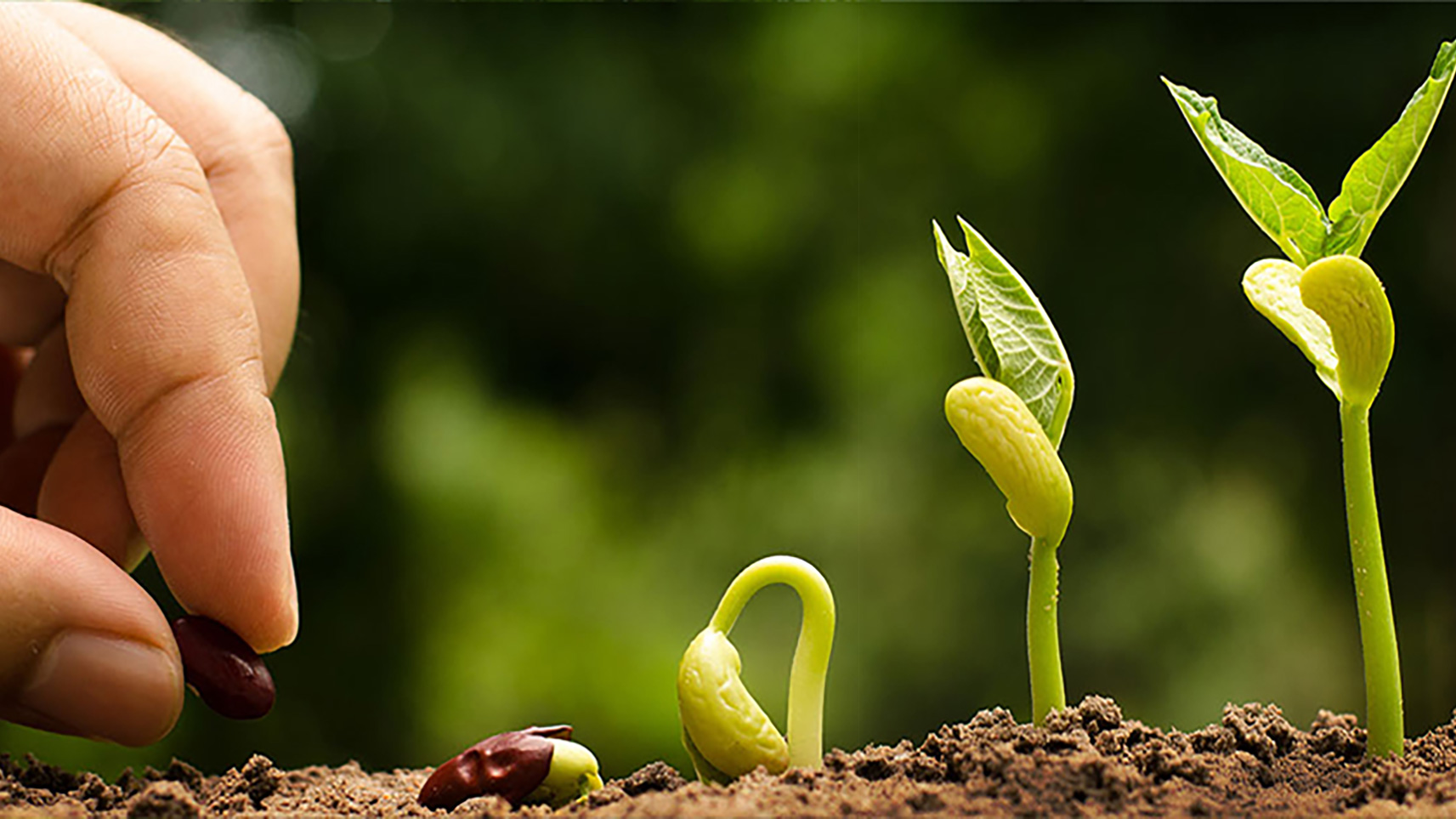Seed Physiology and the Environment

Registration Opens in May 2024
Learn about seed physiology—from anywhere.
Seed Physiology and the Environment is a course offered by Iowa State University that provides a learning opportunity for those with experience in the field. This opportunity to study with a renowned professor is presented in an online environment using recorded lectures, discussion, and activities that reinforce the concepts of seed physiology. As an industry professional, you will be interacting with students seeking academic credit in a blended learning environment.
In this course, you will explore the metabolic processes during seed development, maturation, deterioration, dormancy, and germination, and the relationship between seed deterioration and seedling vigor. The learning and communication ability of the students is enhanced through team approaches to problem-solving and class discussions. The class consists of lectures, critical evaluation of current literature, and class discussion. A special emphasis is given to the effect of different environmental stresses on metabolic pathways during seed development and maturation.
Intended Audience
The course is intended for [Need Info]
Learning Outcomes
Assessments
Course Outline
Upon completion of this course, you will be able to:
- Understand the physiological processes involved in seed development, maturation, dormancy, deterioration, and germination.
- Understand how environmental conditions in the field and storage impact seed physiological fitness.
- Solve real case scenarios by integrating knowledge learned in class and at work.
- Develop the ability to critically evaluate and interpret published research.
- Short quizzes after each lecture video (13 in total; 10 points each)
- Case scenario discussions (4 in total; 25 points each)
- Other practice exercises for extra points
- Module 1: Seed Development
- Module 2: Seed Desiccation and Dormancy
- Module 3: Seed Deterioration & Storage
- Module 4: Seed Re-hydration and Germination
- Module 5: Seed Quality and Seed Testing
- Module 6: Recalcitrant Seeds
Course Procedures
The course starts on August 26, 2024. All coursework must be completed before the course ends on December 20, 2024. Once your registration information is received, we will send you your username and password to access the course site.
You can join the live class via Zoom or watch the recorded lecture videos. This is not a self-paced online course. You will complete the assignments by the due dates listed in the syllabus.
Upon completion of the assessment and the course, you will receive a certificate of completion.
Registration will open from May 1, 2024 to August XX, 2024. You can register at any time within this period. Next course offering will be scheduled XXXX. Check back in XXXX for information about future course offerings.
Course Materials
Course materials are provided within the course. No additional purchase is required.
You can purchase the following course textbook if desired.
Bewley, J.D., K.J. Bradford, H.W.M. Hilhorst and H. Nonogaki. 2013. Seeds: physiology of development and germination, 3rd ed. Springer, NY.
Contact Information
Contact isopd@iastate.edu for more information.
Registration Cost: $200.00 USD
Course Hours: TBD hours
Course Start Date: August 2024
Course Access Time: 117 Days
August 26, 2024 – December 20, 2024
Instructor

A. Susana Goggi
Professor
Department of Agronomy
Research Interest
Focuses on the physiological aspects of seed development, maturation, longevity, dormancy, and germination. Current research includes strategies for minimizing the adverse effects of the production environments on seed quality of soybeans and corn, including the development of organic seed protectants as an alternative to chemical seed treatments, the study of soybean genome fluidity events affecting seed quality and vigor, and the evaluation of differential gene expression after frost damage in corn seed. In additioon, developing strategies for producing high quality seeds in corn cultivars with enhanced nutritional properties and other value-added traits, and strategies to minimize outcrosses caused by adventitious pollen flow into corn production fields.
